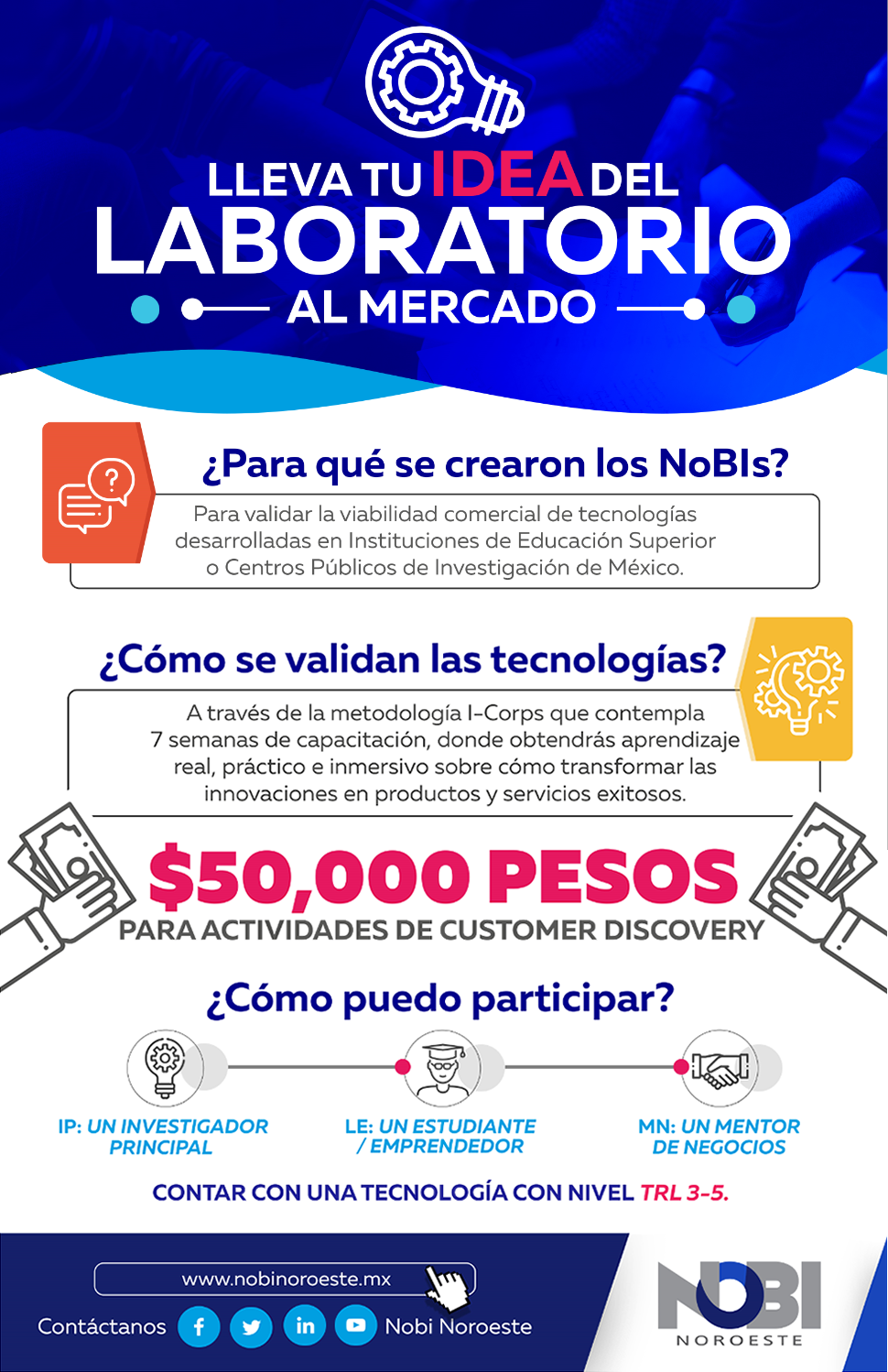According with information collected by the Economic Development Council of Sinaloa, in 2015 the state of Sinaloa, known as the Mexican Barn, sold abroad agro food products that summed $843.21 million dollars, 33% of the exports total; together, the agro food industry, agriculture and livestock, agro-industry and fishery sectors totaled $2011.60 million dollars, which represented 79% of the state’s total that year. Year by year, around 80% of Sinaloa’s exports are destined to the United States, most of which are agriculture and livestock products.
There lies the economic importance of taking the necessary actions on food safety to comply with what is stipulated in the Food Safety Modernization Act (FSMA) from the Food and Drug Administration (FDA), which has been discussed in the United States since 2013 and which purpose is to minimize the risks to human health. It should be noted that the terms of implementation of the FSMA will depend on the date of publication of the final rules; since that dispositions will enter into force, the countries that wish to enter or keep themselves in the American market will have a maximum of one year to conform to the new rules.
In an interview with Jaime Martínez Urtaza, PhD in Biochemistry and Molecular Biology at the University of Santiago de Compostela (Spain), he talked to us about the implications that the approval of the FSMA of the FDA will have to Sinaloa: «It is very important to Sinaloa that in this moments they adapt precisely to these new requirements, to these new legal dispositions so, in case there is a new outbreak, it can present what the situation is; this is, that it can present data about the situation here. If there are no strains, if there is no insulation, you cannot say “No, we don’t have that strain” or “Here we had that strain but we have already eradicated it” or “This strain doesn’t come from this site”… ».
The researcher made particular emphasis on the repercussions this traceability measures would have on the reduction of the human cost: «… it is important to generate a kind of initiative to adapt, from the classic procedures of food safety that were based on taking samples and tell if they were positives or not positive for a pathogen; now we need that strain… not only to be positive or negative, but that strain must be insolated, must be sequenced and must be incorporated to a data base to know how it is flowing, what is the diversity of this pathogens in a certain place, what is the severity of pollution and, above all, how to implement measures to eradicate it».
In this sense, after that in November-December of 2015 a course-workshop on Bioinformatics Tools for the Analysis of Bacterial Genomes in Ecology and Epidemiology was imparted on the Technological Innovation Park (Parque de Innovación Tecnológica, PIT) of the Autonomous University of Sinaloa (Universidad Autónoma de Sinaloa, UAS), a trans disciplinary group was formed by university specialists and from the Research Center for Food and Development, as well as the PhD Jaime Martínez Urtaza from Milner Centre for Evolution from Bath University (United Kingdom). Currently, the Bioinformatics Laboratory of the PIT-UAS is participating in the genomic sequencing of bacterial strains that will allow the development of a traceability methodology especially designed for food safety.
Written and translated by Belem Ruiz, (Edition and Communication).



 Parque Científico Tecnológico, Universidad Autónoma de Sinaloa © 2015
Parque Científico Tecnológico, Universidad Autónoma de Sinaloa © 2015